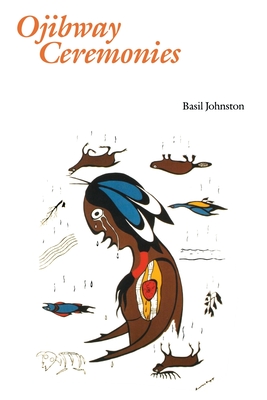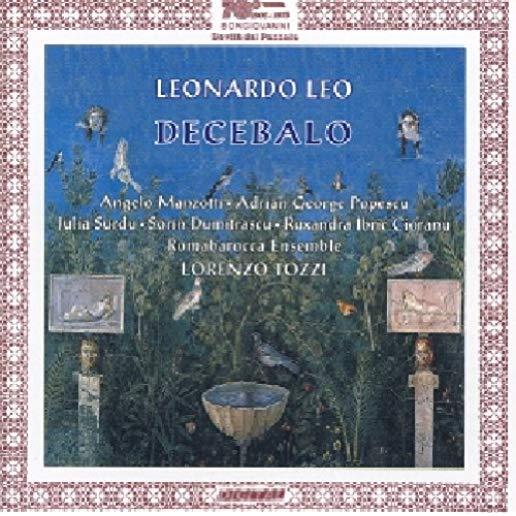
description
countered by the French early in the seventeenth century along the northern shores of Lakes Huron and Superior. By the time Henry Wadsworth Longfellow immortalized them in The Song of Hiawatha, they had dispersed over large areas of Canada and the United States, becoming known as the Chippewas in the latter. A rare and fascinating glimpse of Ojibway culture before its disruption by the Europeans is provided in Ojibway Ceremonies by Basil Johnston, himself an Ojibway who was born on the Parry Island Indian Reserve.
Johnston focuses on a young member of the tribe and his development through participation in the many rituals so important to the Ojibway way of life, from the Naming Ceremony and the Vision Quest to the War Path, and from the Marriage Ceremony to the Ritual of the Dead. In the style of a tribal storyteller, Johnston preserves the attitudes and beliefs of forest dwellers and hunters whose lives were vitalized by a sense of the supernatural and of mystery.
member goods
No member items were found under this heading.
Return Policy
All sales are final
Shipping
No special shipping considerations available.
Shipping fees determined at checkout.







